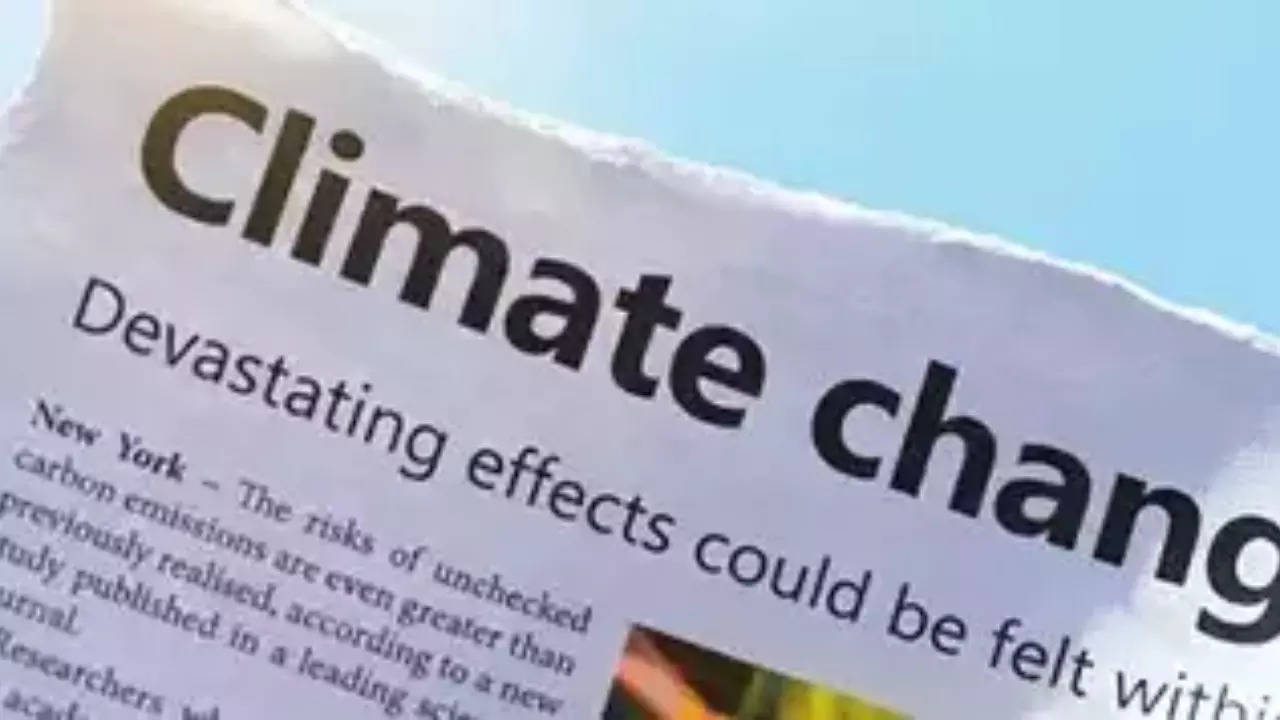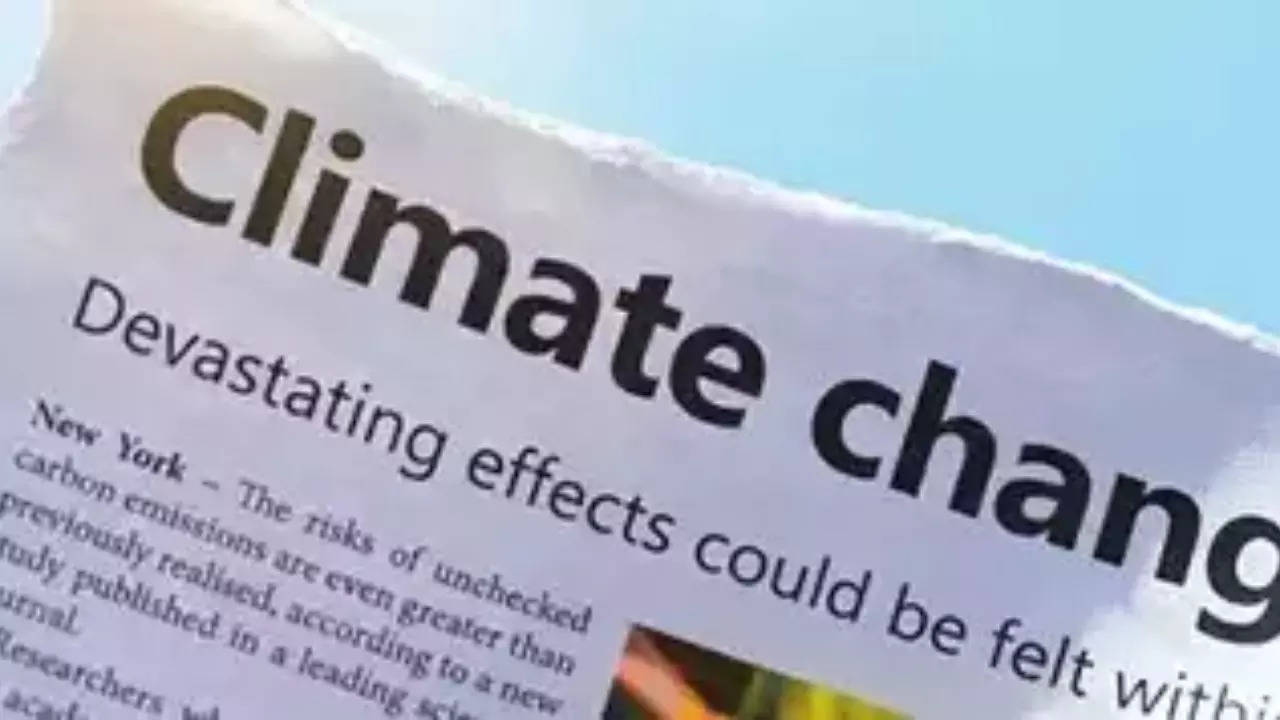
NEW DELHI: An individual’s emotional reaction to climate change whether it is guilt, anger, hope or fear could have a bearing on their climate policy preferences, a new research has found It found that while the guilty atone through options requiring them to shell out money like fossil fuel tax, those feeling hopeful or sad about climate change place their faith in proactive policies, such as investing in infrastructure.
Individuals angry about climate change too were found to be comfortable with money-extracting policies.
However, the research, led by George Mason University, Virginia, US, found that those fearful of climate change were the ones most likely to support any and all kinds of policies, especially regulatory ones such as those around carbon emissions.
The researchers said that existing research has not explored the unique links between specific emotions and the types of climate policies these emotions drive an individual to support. The study is published in the journal PLoS Climate.
The findings showed that emotional investment can help raise awareness of important issues and galvanise an otherwise apathetic public, they said.
For example, individuals and organisations advocating for proactive climate solutions might appeal to feelings of hope, they said.
For the study, the researchers used surveys to examine how common emotional reactions to climate change — guilt, anger, hope, sadness and fear — influenced one’s policy preferences.
The survey questions enquired about the respondents’ emotional response to climate change, and support for specific policies – for example, “Increase federal funding to low-income communities and communities of colour who are disproportionately harmed by air and water pollution.”
The surveys were distributed every six months from 2010 to 2022.
Of the total 16,605 participants, 51 per cent reported as being women and 73 per cent as being “White, non-Hispanic”. On average, they were aged 45-54 years and had received “some college” education. The questions accounted for political ideologies as well, the team said.
They found that the five emotions investigated were uniquely associated with support for specific types of climate policies – taxes or investments or regulatory ones. However, the stronger the emotionality, the stronger the support for any policy, they found.
“We find that in comparison to other policy options: those who are more fearful of climate change are more likely to support regulatory-first approaches to policy; those who feel more guilty support personally costly climate policies; and those who are more hopeful support more proactive climate policies like generating renewable energy on public land,” the authors wrote in their study.
“Future work should examine experimentally whether messages that target these emotions are more effective at increasing support for the specific policy types, but in the meantime, communicators may wish to consider how their campaign’s emotional tones match their targeted policy goals,” they wrote.


